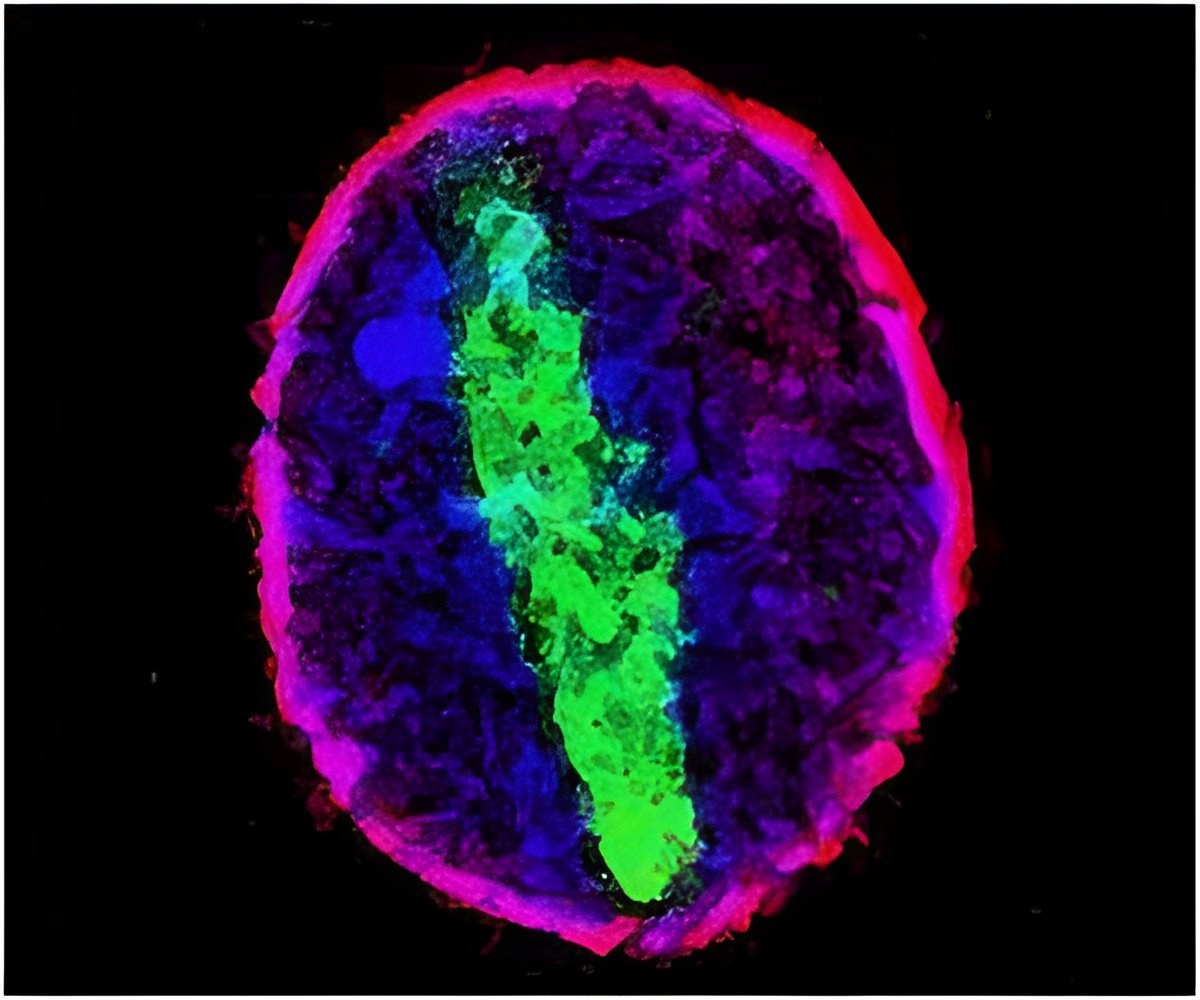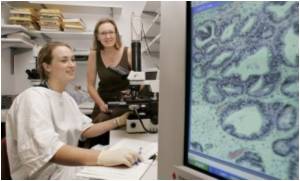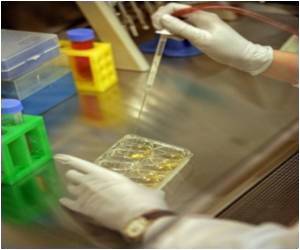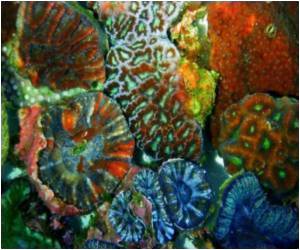
This 'transport vehicle' spares healthy cells, accumulates inside tumour cells and attacks molecular targets that enable cancer cells to grow and spread.
Studies using a mouse model showed this highly targeted approach, using combinations of drugs, to be more effective than standard treatment methods.
Researchers targeted HER2-positive breast cancer - a type that, due to a genetic mutation, makes excessive amounts of a protein that promotes the growth of cancer cells.
One commonly used antitumor drug, trastuzumab (Herceptin), is sometimes beneficial, but with advantages and disadvantages.
It is an antibody to the HER2 antigen, which means it naturally seeks out this protein in cancers.
Advertisement
These key components included: Herceptin to target the existing HER2 protein; another molecule to attack a genetic mechanism responsible for the production of new protein; and a molecule to open tumor blood vessels and deliver the drugs into the cancer cells for release.
Advertisement
The drug is in an emerging class called nanobiopolymeric conjugates, or nanoconjugates.
"Nanobiopolymers enhance cancer cell targeting and treatment in several ways: Certain antibodies can be attached to precisely target proteins in tumor cells; drug resistance and systemic side-effects are reduced because drugs are 'bound' to the platform and delivered to the interior of cancer cells without affecting healthy cells; and multiple drugs can be carried on a single platform, making it possible to simultaneously attack several targets," said senior author Julia Y. Ljubimova.
"Based on our studies, our nanobioconjugate appears to be a safe and efficient delivery platform that may be tailored to treat a wide array of disorders. It is harmlessly degraded to carbon dioxide and water, nontoxic to normal tissue, and, unlike some drugs, it is non-immunogenic, meaning it does not stimulate the immune system to the point of causing allergic reactions, which may range from mild coughs or rashes to sudden, life-threatening symptoms," she added.
The findings appear in the recent issue of Cancer Research.
Source-ANI















